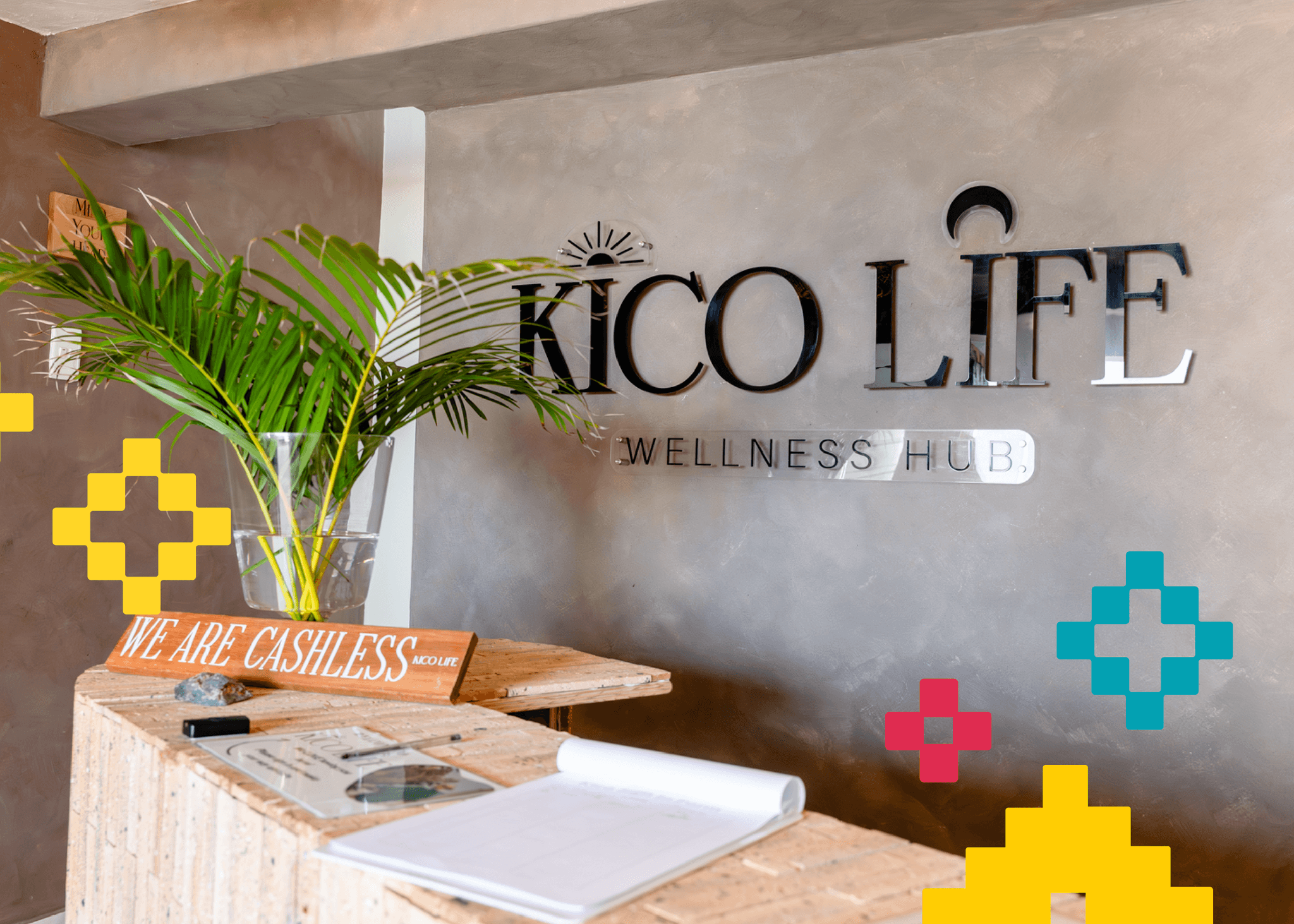
A Small Business Guide to SEO Marketing in South Africa
Looking for ways to level up your business marketing strategy? Check out our Small Business Guide to SEO Marketing in South Africa for the best SEO tips!
Table of Contents
- Introduction
- What is SEO Marketing?
- 5 tips to master SEO marketing in South Africa
- 1. Make sure you have an easy-to-use, fully-functional website
- 2. Make sure Google knows you exist
- 3. Write content about your products and services
- 4. Build a relationship with your business network, customers and community
- 5. Make sure the information you share online is always up to date
- Ready to Conquer the World of SEO?
Let’s talk about the latest brainchild of the marketing industry - SEO marketing.
It’s definitely a bit more unconventional compared to the other types of marketing we’ve all come to know and love, but the results of SEO marketing speak for themselves so it’s definitely a worthwhile consideration for your small business.
Keep reading to check out our guide on SEO marketing and how to use it to level up your small business!
What is SEO Marketing?
Before we hop into what SEO can do for your small business, let’s first go through what this widely used abbreviation actually means…
SEO stands for Search Engine Optimisation. In a nutshell, this is an optimisation process that allows you to make it easier for search engines to find you and direct traffic to your site. SEO doesn’t just focus on traffic quantity but also on the quality of users who visit your site. By quality, we mean users who actually have an interest in your business offering.
For example, if you run an online pet store, having a site that follows good SEO practices will help search engines direct pet owners to your site instead of those who absolutely despise animals.
For the interest of small businesses, our guide will focus on local SEO, which is just a category of SEO that focuses on generating more local visibility on search engines.
5 tips to master SEO marketing in South Africa
1. Make sure you have an easy-to-use, fully-functional website
Let’s face it: no one is going to spend time browsing your website if it glitches with every click or if they have to hunt down the information they came to your site for.
To make it worth their while, you need to make sure that your site is fully functional and that it accurately conveys everything a potential customer needs to know about your products or services.
As a website owner, you also need to make sure that your site loads quickly and that it’s secure for users. Security is especially important if you’re accepting payments online and users need to enter their banking information.
2. Make sure Google knows you exist
Google is like that one friend we all have in our lives who’s always going the extra mile to make sure you’re happy. But you still need to help Google, and give it a little push in the right direction, if you know what I’m saying *wink, wink*
To make the most of local SEO marketing using Google, you need to make a contact page, make sure your location and contact details are accurate at all times and register your business on Google My Business.
The most important contact details you should have displayed on your website are physical addresses, contact numbers, email addresses and operating hours. These should be placed in the footer of your website and on your contact page.
If you’re looking for an SEO tool to help you out with this, check out Yoast’s nifty SEO plug-in to help you boost your online visibility.
3. Write content about your products and services
As an online small business owner, you’ve got to always be one step ahead and think about solutions to customer questions before they’re even asked. A great way to share important information that customers could be looking for is by posting it on your website on a blog page.
Blog pages don’t sound like much, but trust me, just by keeping a consistent blog with relevant information that’s optimised for SEO, you’re already doing a great job at marketing your small business.
An important aspect of SEO content is keyword research. Keywords are search terms that users in your target audience search for the most.
These keywords need to be used throughout your website content so that search engines recognise them and send users your way. Through keyword research, you can determine which keywords are the most frequently searched for by your target audience and should be prioritised in your content.
A great way to manage your content creation process is by using a content plan. Content plans break down the steps of content creation, helping you navigate through all the requirements of creating awesome content!
When creating content for your website, keep in mind that the purpose of the blog should be to answer customers’ questions. It would be much better if the information they need is readily available instead of them having to make a call or send an email for a simple query.
4. Build a relationship with your business network, customers and community
Now this step isn’t one that you can accomplish overnight. Rather, it’s something you’ll have to work on as a business owner for years. A good reputation never goes out of style, so if it can help you with your SEO marketing too, it’s definitely worth the while!
You may be thinking, “But what does my reputation have to do with SEO marketing?” Well, it’s pretty simple; when you’ve built a good network in your business community and developed relationships with others, it naturally leads to them sharing about you and your business.
In this day and age, everything makes its way online. Collaborating with other businesses, sharing your expertise and getting involved in your community gives way for them to feature you and your business on their websites. Creating these online links to your website allows for visitors on their site to make their way to yours.
5. Make sure the information you share online is always up to date
Once your website is live, the worst thing you can do is abandon it. Your website will only work for you for as long as you keep up your maintenance efforts and make sure the information you share is always up-to-date and relevant.
Make sure your contact details and product or service information are updated as soon as there are any changes. Try as much as you can to make sure the information displayed on your website is reflective of what’s actually going on in your business, or else you run the risk of having a disgruntled customer on your hands.
Ready to Conquer the World of SEO?
SEO is a rather technical subject that can sometimes be difficult to grasp, but these simple and effective tips are more than enough to give your small business a cut above the rest!
If you’re still in the process of setting up your online business, don’t forget to check out our Hitchhiker’s Guide To Making Money Online for all the deets!





















